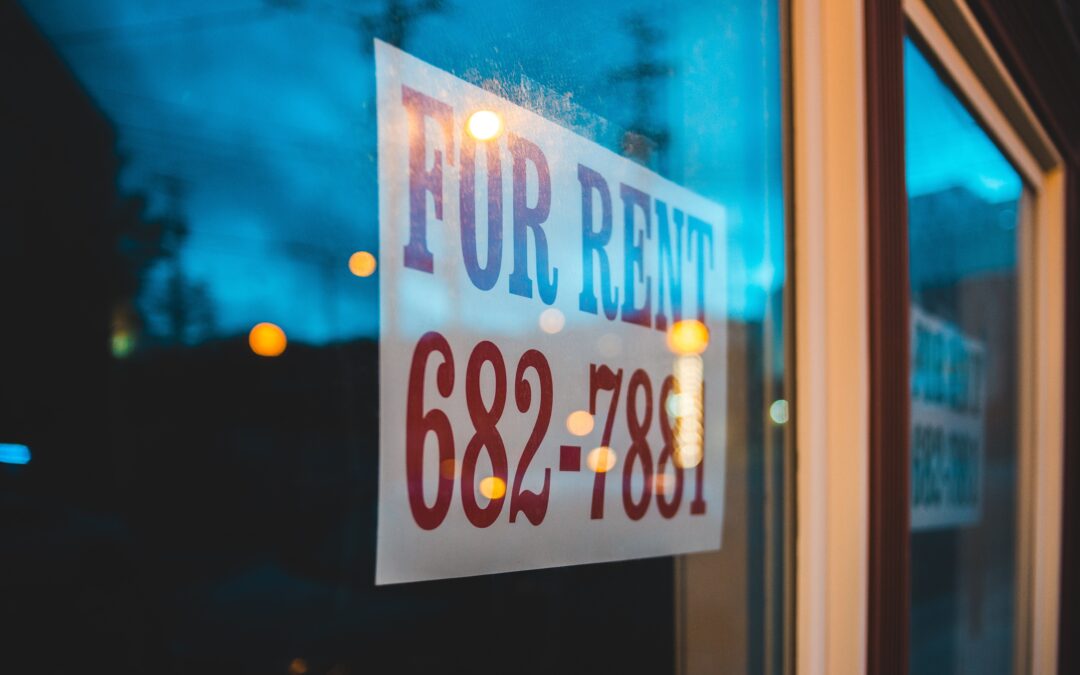As a responsible landlord, one of your primary responsibilities is to provide your tenants with a safe and comfortable living environment. Pest infestations can quickly turn a pleasant living space into a nightmare for both you and your tenants. Not only can pests damage your property, but they can also pose health risks and lead to tenant dissatisfaction. To avoid these issues, it’s crucial to implement effective pest control measures. In this blog post, we will discuss five essential pest control guidelines that every landlord needs to know to maintain a pest-free rental property.
- Regular Inspections and Maintenance
Prevention is key when it comes to pest control. Conducting regular property inspections and maintenance is crucial to identify and address potential pest problems before they escalate. Inspect the property thoroughly, looking for signs of pest activity, such as droppings, gnaw marks, or strange odors. Pay special attention to areas that are more susceptible to infestations, such as kitchens, bathrooms, basements, and attics. Promptly repair any cracks, gaps, or leaks that could serve as entry points for pests, and ensure proper ventilation and drainage to minimize conducive conditions.
- Educate Tenants on Pest Prevention
Educating your tenants about pest prevention plays a significant role in maintaining a pest-free environment. Provide them with a comprehensive pest control guide that covers best practices for cleanliness, garbage disposal, and basic maintenance tasks. Encourage tenants to report any signs of pest activity immediately so that you can take swift action to address the issue. Regularly remind them about proper food storage, disposing of trash in sealed containers, and promptly cleaning up spills or crumbs that might attract pests.
- Collaborate with Professional Pest Control Services
Even with preventive measures in place, pests may find their way into the property. Establishing a working relationship with professional pest control services is vital. Hire a licensed and reputable pest control company to conduct periodic inspections and treatments. Regular pest control treatments can effectively prevent infestations or eliminate existing ones without causing harm to the tenants or the environment. Ensure that the pest control company uses safe, eco-friendly methods to protect the health and well-being of your tenants.
- Respond Promptly to Pest Complaints
Addressing tenant complaints about pests should be a top priority for any responsible landlord. Promptly respond to these concerns and take appropriate action to resolve the issue. Ignoring or delaying pest problems can lead to a worsening infestation, tenant dissatisfaction, and potential legal issues. Act swiftly to investigate and implement necessary pest control measures to ensure the comfort and satisfaction of your tenants.
- Stay Updated on Local Pest Control Regulations
Pest control regulations and laws can vary from one location to another. Stay informed about local laws and regulations related to pest control in your area. Compliance with these regulations is essential to avoid potential legal issues and protect the well-being of your tenants. Some regions may have specific restrictions on the types of pesticides that can be used or require notification to tenants before any pest control treatments take place.
Maintaining a pest-free rental property is essential for the well-being and satisfaction of your tenants and the longevity of your investment. By implementing these five essential pest control guidelines, you can create a healthy living environment for your tenants and safeguard your property from potential damages caused by pests. Regular inspections, tenant education, collaboration with professional pest control services, prompt response to complaints, and compliance with local regulations are the pillars of effective pest control for responsible landlords. By prioritizing these guidelines, you can ensure that your property remains a comfortable and desirable place to live for your tenants.



Recent Comments